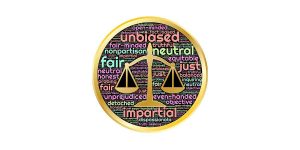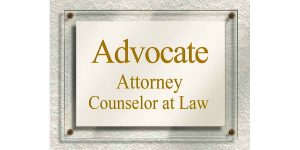
Revocable trusts and What is their importance in estate planning
An individual is always on the lookout for options to manage their assets effectively. Whether it involves avoiding unnecessary taxation or passing down assets to their children. Trust in Estate Planning acts as a legal vehicle created to hold assets directly in a trust fund on behalf of the beneficiary. A trust is complete ownership of money or property, which is meant to benefit another. A trustee is a person to which the title of the property belongs. A beneficiary is who receives the benefit of it. While there are different types of trust, the basic ones are revocable and irrevocable. The need for Revocable Trust A revocable trust is a trust which the creator or originator can entirely modify,











